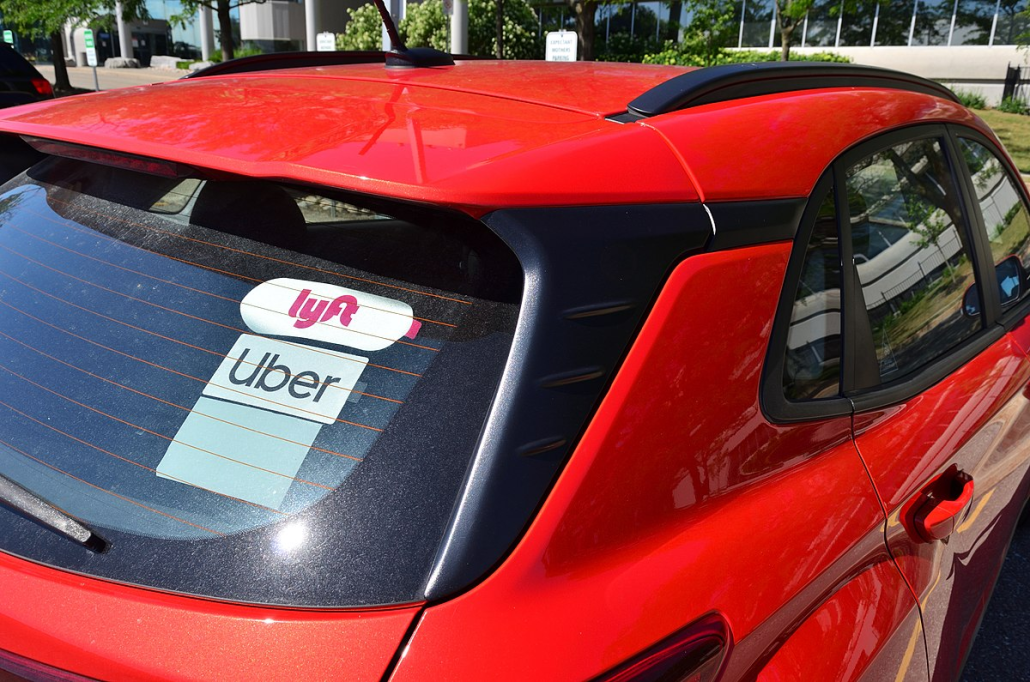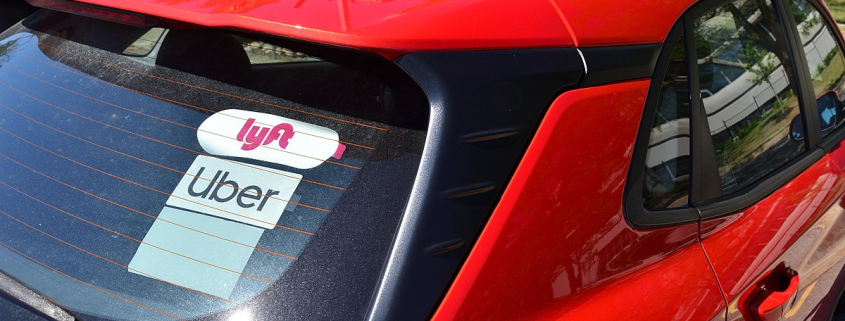USC Lyft Program announces return to shared ride model

Grid Engine via Creative Commons)
In Spring 2022, the University discarded a new shared ride model for the USC Lyft Program due to coronavirus concerns. Despite last year’s outpouring of student unease, the USC Lyft Program established the shared ride model Friday, USC Transportation announced in a University-wide email Tuesday.
Under the new model, students will be required to select the individual shared ride option for rides within the USC Lyft Zone to be covered by the University. Shared rides may use Lyft’s ride-pairing algorithm to pick up other riders based on route, destination and vehicle size, a change from the program in operation for the past three semesters. Students have the option to bring one friend along for safety and security.
Avery Sands, a sophomore majoring in business administration, said she wishes the University had consulted more students before making the decision to require shared rides, especially since it directly impacts their safety.
“Especially if there was already backlash last year, I feel like the school should have had more students involved,” Sands said.
Maria Ruiz, a freshman majoring in law, history and culture, said that the policy changes exacerbate inequality between students of different socioeconomic status.
“Some students might be able to afford their own individual rides,” Ruiz said. “But not everyone has that luxury. And when it concerns safety, that is unacceptable.”
For many students, the Lyft service offers a vital sense of security at night.
“Because Lyft is or has been a way for students to take care of their mental and social health in a safe way and safe environment, the new policy poses a danger toward students, especially since many students run their errands after hours because that’s their schedule as college students,” said Morelia Cadenas, a freshman majoring in public relations. “Maybe a nine o’clock run to the grocery store becomes unsafe and dangerous, which affects our day to day lives.”
Last year, the University’s decision to shift the Lyft program to a shared ride model sparked a backlash among students. In a Change.org petition that garnered more than 3,000 signatures, students expressed concerns that the shared ride model would endanger students traveling in protective pairs, and put them at risk for sexual assault or encourage the spread of the coronavirus between strangers sharing rides.
The Daily Trojan previously reported that students who opposed last year’s policy changes were primarily concerned that the shared ride model would jeopardize their health and safety in favor of frugality, especially since the Lyft program is frequently used when students are at their most vulnerable in the early hours of the morning and after parties.
USC Transportation emphasized in its email that the shared ride model was previously used by various operators, including USC’s former in-house Campus Cruisers program, which provided students with walking or vehicle escorts before being replaced by the Lyft program.
Operating hours for the Lyft program — 6 p.m. to 2 a.m., excluding Game Days — remain the same for both the University Park and Health Sciences campuses.

